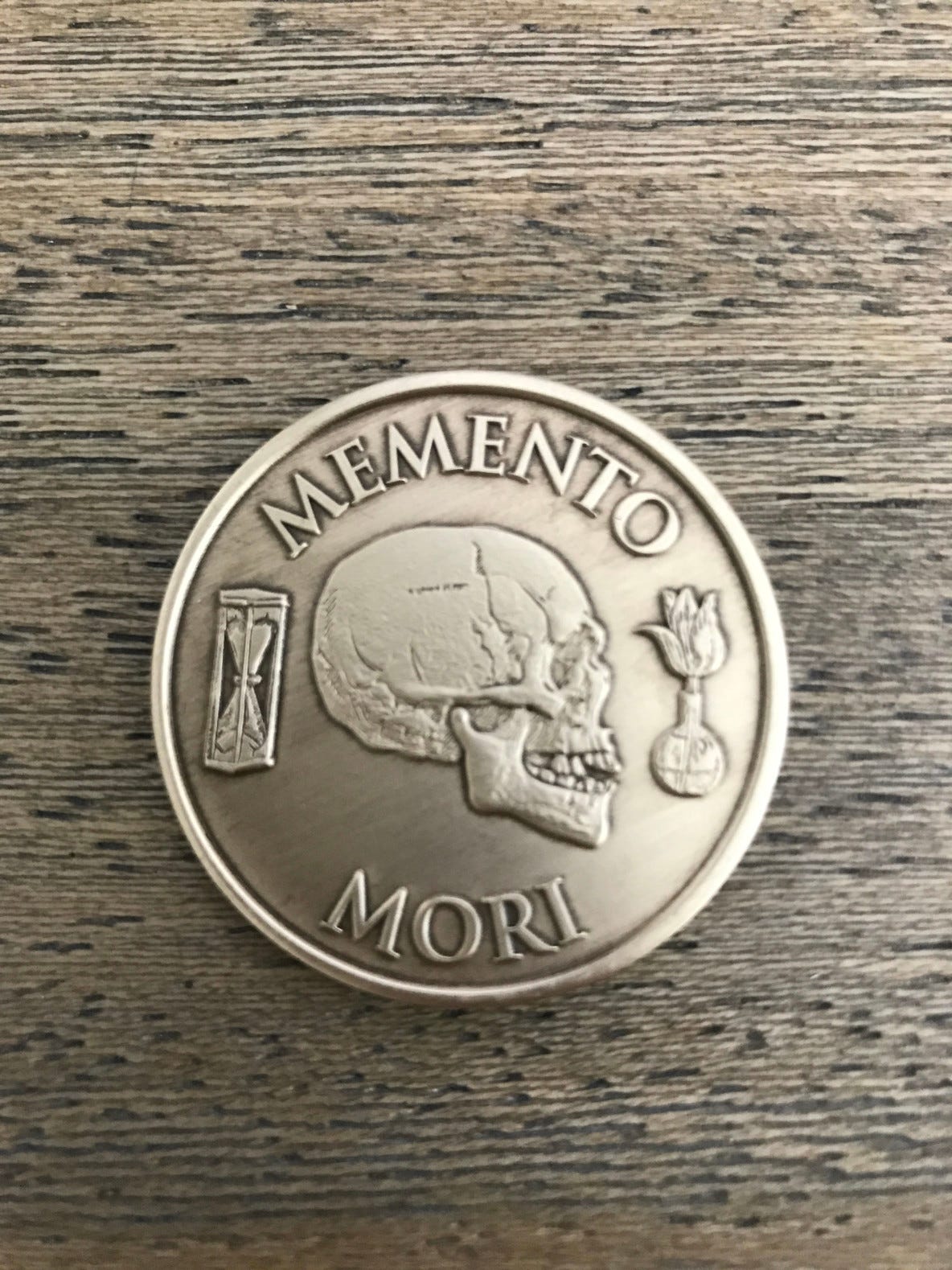
A newspaper editor sent a cadet journalist to cover the 1937 funeral of John D Rockefeller, the richest man in the world. The editor was particularly interested in the oil man's estate. So, the journalist found Rockefeller's accountant and got right to the point, "Please tell me, how much did Mr Rockefeller leave?" The accountant smiled, thought for a moment, and replied, "All of it. He left all of it."
And so will we.
Advertisement
When our time comes to exit the world, we will be as naked as the day we entered it. Until then, like the Preacher in Ecclesiastes, we spend our years trying to find some meaning in our lives. At least, that is what we should be doing. Mostly, we procrastinate. It is only when our days draw to their inevitable conclusion that we realise our mistake. We comfort ourselves by saying time flies, life is short, and there is never sufficient time to accomplish all of one's goals.
Writing 2,000 years ago, Lucius Annaeus Seneca, a Roman philosopher of the Stoic school, had little time for "time flies" and "life is short" excuses.
Life is long enough, and it has been given in sufficiently generous measure to allow the accomplishment of the very greatest things if the whole of it is well invested.
According to the great Stoic philosopher, the issue is not the length of life but what we do with the time we have.
In guarding their fortune, men are often closefisted, yet, when it comes to the matter of wasting time, the one thing in which it is right to be miserly, they show themselves most prodigal.
Instead of searching for meaning, Seneca believed that most people
Advertisement
keep themselves very busily engaged so that they may be able to live better; they spend life making ready to live! … There is nothing the busy person is less busied with than living: nothing that is harder to learn.
Fast-forward to the present, and nothing has changed. We still devote many of our hours to empty and mundane pursuits rather than to cultivating our talents, deepening our relationships, and achieving our dreams. According to Seneca, putting off these vital parts of life until tomorrow, next year or retirement is a "foolish forgetfulness of mortality."
Mortality will certainly not forget about us. In 1968, Robert Kennedy made a speech to the students of the University of Kansas. He exhorted them to think about things far nobler than amassing wealth.
… the gross national product does not allow for the health of our children, the quality of their education, or the joy of their play. It does not include the beauty of our poetry or the strength of our marriages, the intelligence of our public debate or the integrity of our public officials. It measures neither our wit nor our courage; neither our wisdom nor our learning; neither our compassion nor our devotion to our country; it measures everything, in short, except that which makes life worthwhile.
A poignant moment. A few months after this speech, an assassin's bullet took Kennedy's life.
Why do we waste our precious time? Because, says Seneca, people forget that their lives are limited.
You live as if you were destined to live forever. No thought of your frailty ever enters your head, of how much time has already gone by you take no heed. You squander time as if you drew from a full and abundant supply, though all the while that day which you bestow on some person or thing is perhaps your last.
According to another Stoic philosopher, Emperor Marcus Aurelius, the secret to living a committed and meaningful life is to remind ourselves of death as often as possible. "You could leave life right now. Let that determine what you do and say and think."
Marcus Aurelius's admonishment was not intended to make people fear death but motivate them to live fully. Remembering our mortality invigorates life by reminding us to not waste time on insignificant, trivial, or vain pursuits. In this way, thinking about death gives life its zest.
Historians say that, after a military victory, it was common to treat victorious Roman generals to parades in which they received the people's adoration. All the while, just behind the general was a person whispering, "Remember thou art mortal. Remember, thou must die!" Our modern political leaders could benefit from similar advice. Thinking about one's death is an antidote to arrogance and hubris.
Seneca, Marcus Aurelius, and the other Stoics believed that mortality gives us the nerve to live a courageous life. This belief was amplified in modern times by Steve Jobs, the creator of Apple, who died from cancer at age 56.
Remembering that I'll be dead soon is the most important tool I've ever encountered to help me make the big choices in life. Almost everything-all external expectations, all pride, all fear of embarrassment or failure - these things just fall away in the face of death, leaving only what is truly important. Remembering that you are going to die is the best way I know to avoid the trap of thinking you have something to lose. You are already naked. There is no reason not to follow your heart.
What is the best way to keep death in mind? Some monks face their mortality every night by sleeping in their coffins. Religious rituals can serve a similar purpose. For example, on Ash Wednesday (the beginning of Lent), the priest reminds the faithful to "Remember that you are dust, and to dust, you shall return."
Some people rely on literature and art to remind them of death. The Latin term memento mori (Remember, you must die) is the title of a novel, the name of a rock recording, and a feature in prayers and poems. In cultural history, numerous paintings, medallions, sculptures, and pendants have sought to remind people of their death. These creations are called memento mori. To make their point, they feature a skull, an hourglass, or both.

Having a physical memento mori around is a constant reminder of life's limits. It helps us set priorities by reminding us that being busy is not the same as living. No one gets out of this world alive. If you are going to do something loving, beautiful, or meaningful, don't wait-do it now.
When your time comes, will you be among those who complain about the shortness of life, or will you be proud of how you spent your time? If you want to be among the latter, then take Seneca's advice and, "Postpone nothing. Balance life's books each day. … The one who puts the finishing touches on their life each day is never short of time."
It may sound peculiar, but a reminder of death is the best way to make people cherish life.
Memento mori.